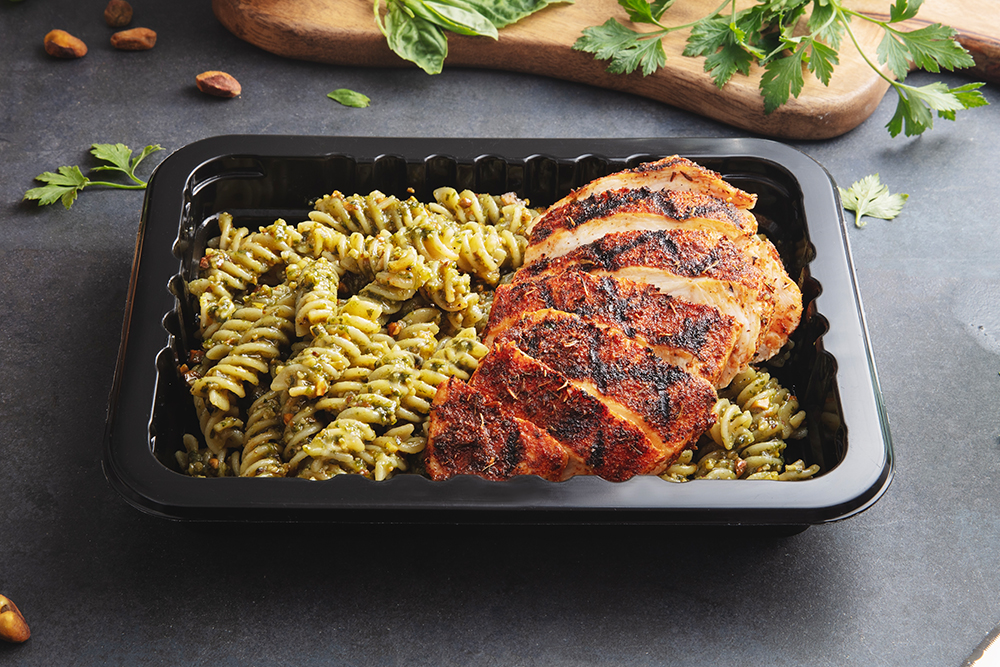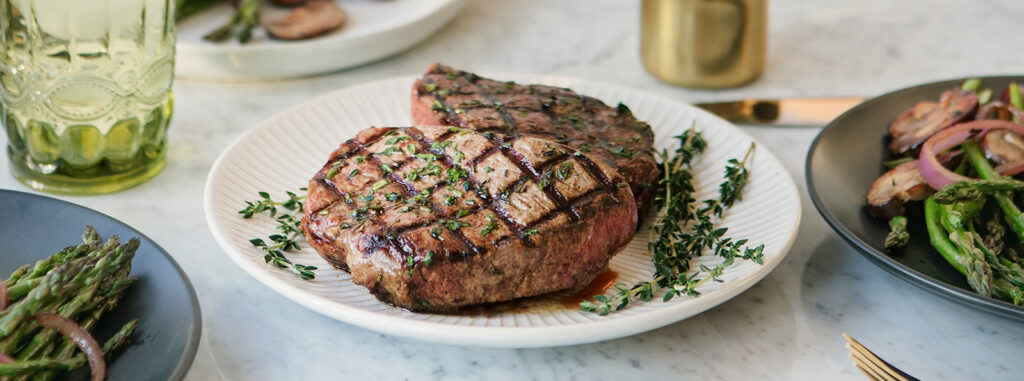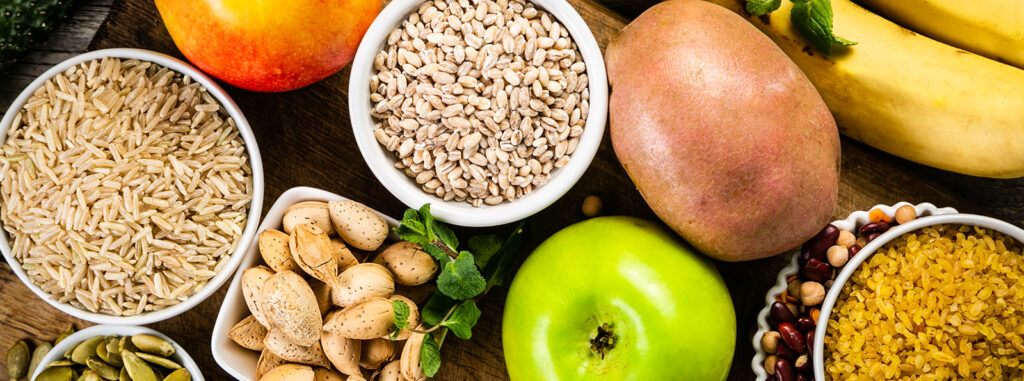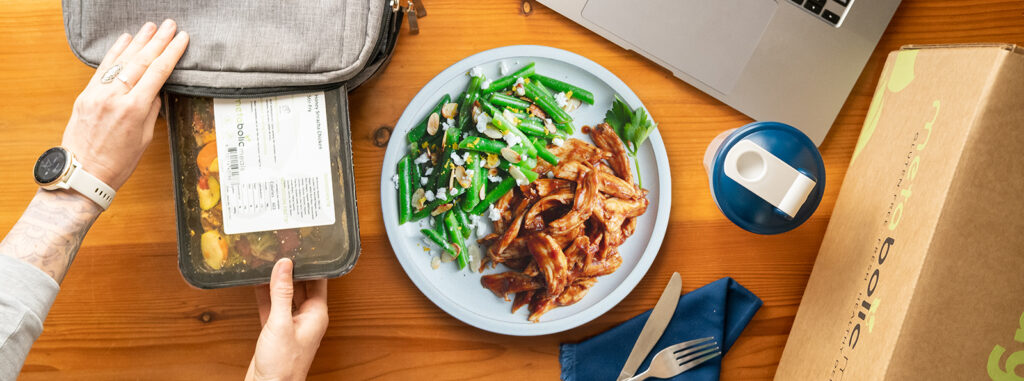Inflammation is your immune system’s way of defending your body against injuries and infections, so it can heal and recover. It’s a normal and critical part to life.
Your body triggers a cascade of pathways to help get healthy again, which call on immune cells and inflammatory cells to get to work.
Acute inflammation is usually short and lasts a couple of days. On the flip side, if acute inflammation persists, it can become chronic inflammation—lasting for months or years. Long-lasting inflammation is a driver of many diseases, including diabetes, kidney disease, cancer and auto-immune diseases.
Aging, obesity, smoking and diet are a few factors that can increase your risk for inflammation.
This article gives some insight into how your eating habits can fan the inflammatory flame and ways you can calm it.
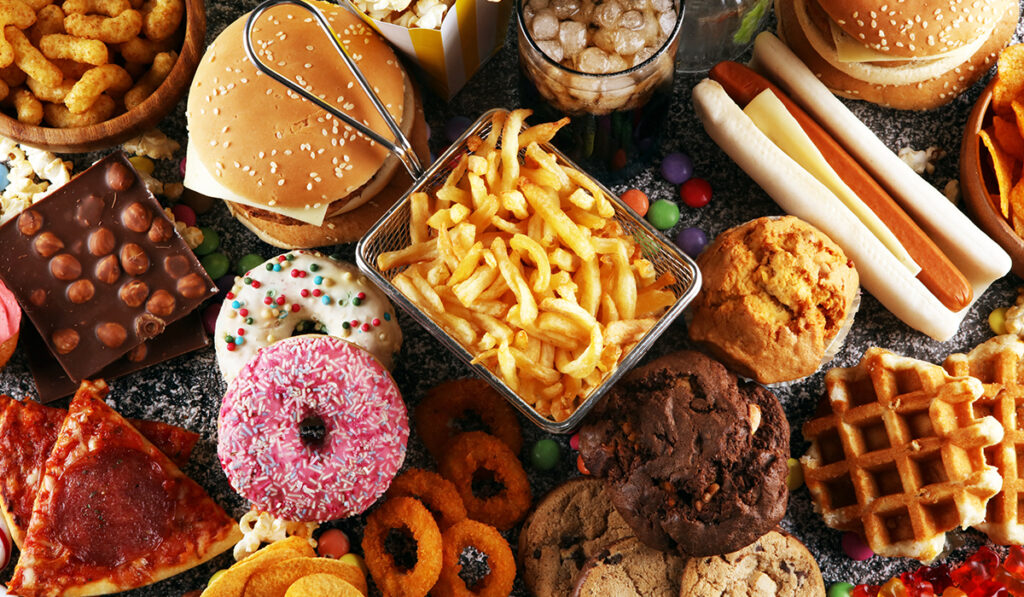
What are the worst foods for inflammation?
According to a review in StatsPearls, refined sugars, refined seed and vegetable oils, and trans fat are linked with producing pro-inflammatory molecules in the body. Further, these oils and refined sugar are laden in the standard American diet.
Examples of these nutrients include :
Refined vegetable oils: like canola, soybean, cottonseed, and safflower commonly found in processed foods
Refined sugars: Cookies, cakes, pastries, white flour pastas and breads and sugar-sweetened drinks like soda
Examples of other inflammatory foods include:
Alcohol and alcoholic beverages
Trans fat sources: corn oil, shortening and partially hydrogenated vegetable oils
Gluten-containing sources: Foods made using wheat, barley, rye and some oats including bread, crackers, pasta, sauces soup mixes and more.
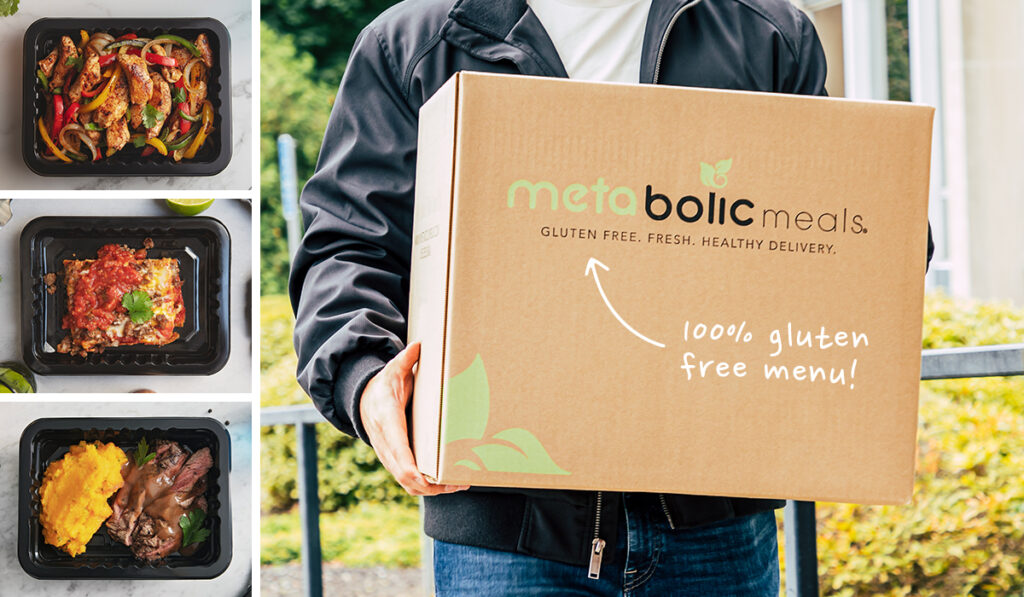
Gluten-Free Diet and Inflammation
Gluten, a major food protein causes inflammation in people with celiac disease, non-celiac gluten sensitivity other groups who might have digestive disorders or neurodegenerative (brain and neuron weakening) conditions.
Eating gluten triggers an immune response, resulting in symptoms and inflammation due to damage to the lining of the gut, making it more permeable, a condition known as leaky gut that lets toxic agents into the bloodstream, which can cause more disease.
Therefore, there can be anti-inflammatory benefits of gluten-free eating for susceptible groups.
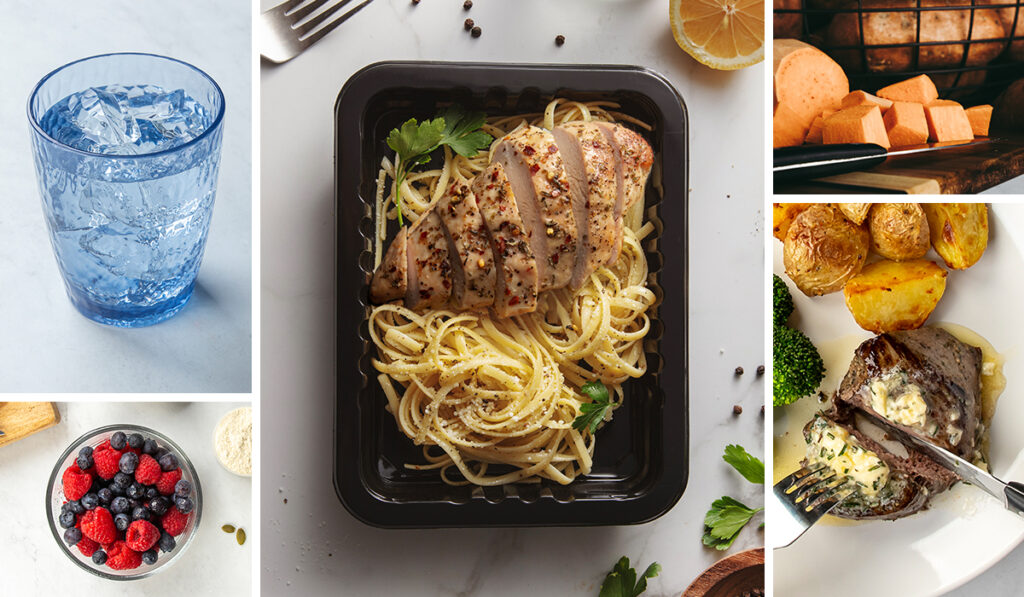
5 Ways to Eat for Lower Inflammation
- Eat In Color
Prioritize adding fruits and vegetables of all colors (think red cabbage, cherries, orange peppers and purple sweet potatoes). The vibrant colors of plant foods such as these are thanks to their polyphenols and antioxidants, which help reduce inflammation by removing free radicals (harmful by-products in the body that cause inflammation when their out of balance). - Flavor Up Your H2O:
Up your water intake by adding nutrient-rich herbs and citrus slices to make your water-drinking more fun and flavorful. That way, it’s easier to skip the soda and other sugary beverages that can promote inflammation. - Get More Omega-3s:
Opt for more healthy fat sources, like omega-3 fats found in avocados, walnuts and fatty fish like salmon and grass-fed red meats. If you’re popping your own popcorn snack, toss it in some avocado oil or extra-virgin olive oil or try sliced cucumbers drizzled in extra-virgin olive oil as a snack. - Swap Your Pasta:
White pasta is a refined carbohydrate or sugar source that lacks nutritional value and can be pro-inflammatory when eaten excessively. Consider swapping it for rice, bean and lentil-based pasta that is rich in fiber, a nutrient that helps lower inflammation and promotes good metabolic health. - Create New Sweet Treats:
Eating refined sugars can be OK in moderation; however, if you have a sweet tooth, you can help reduce inflammation by using fruits as a dessert. Never skip dessert again with micro-nutrient dense treats like air-fried cinnamon apple slices, dehydrated blueberries or homemade banana ice cream for example.
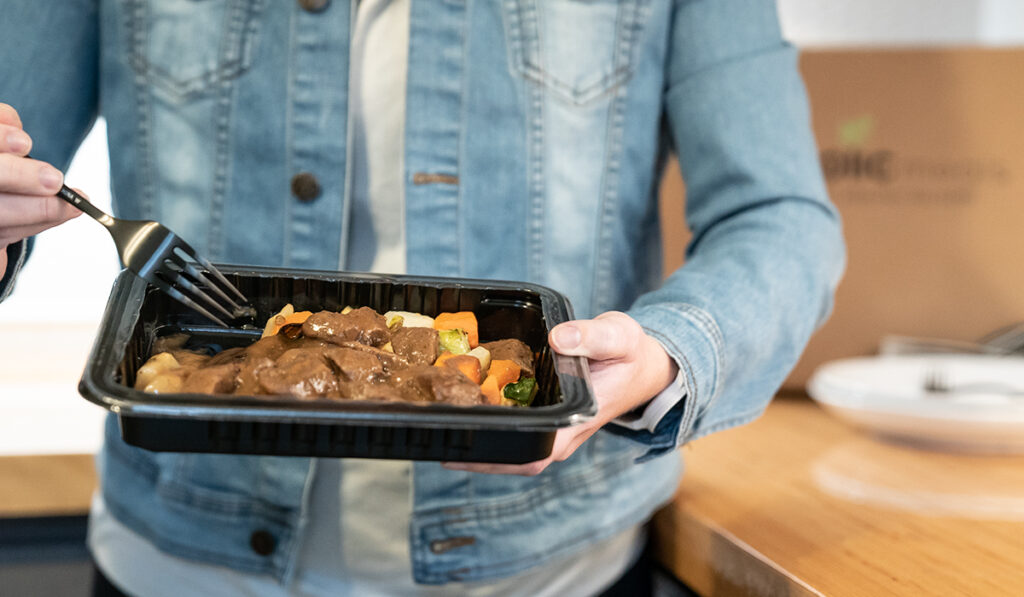
The Bottom Line
Inflammation is important for life, but if it gets out of hand, it can be a driver of chronic diseases. While inflammation happens as a result of multiple factors like age, diet is one that’s within your power to change.
If you more help with making diet tweaks in favor of anti-inflammatory eating, team up with an experienced nutritionist, or contact Metabolic Meals today to speak with one of our meal-planning experts.
Find the nutrition you need on this week’s menu.
SHOP NOW >

